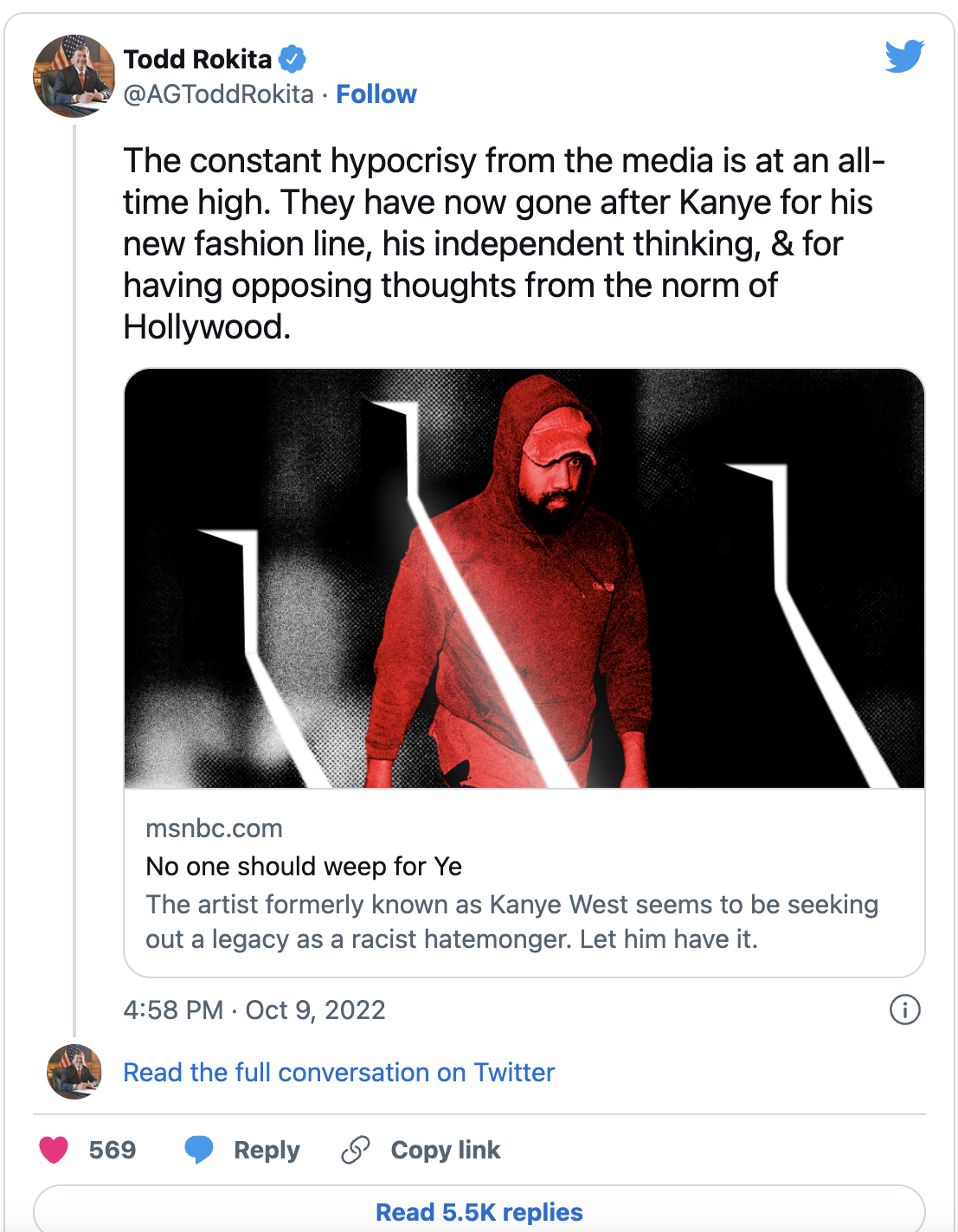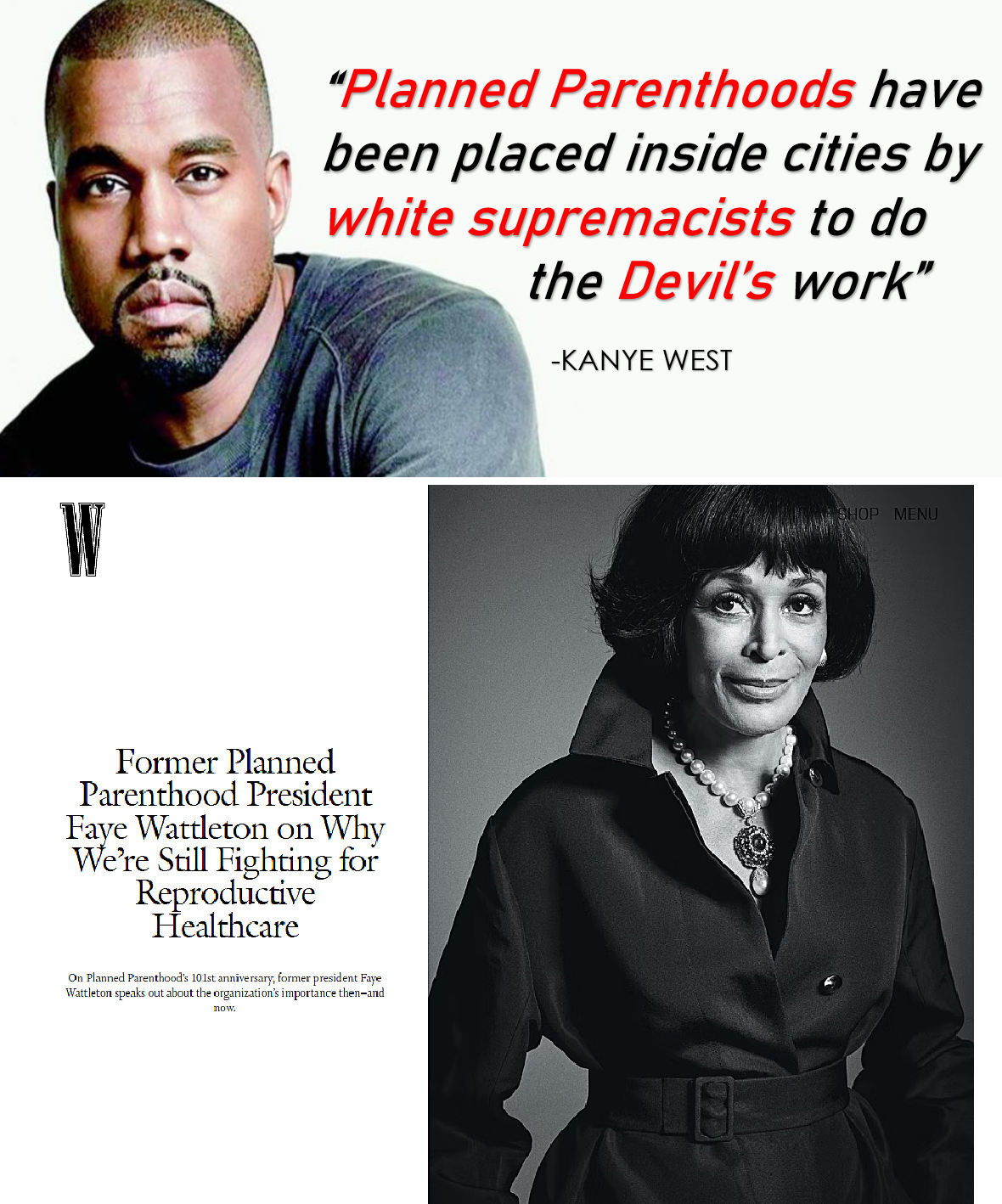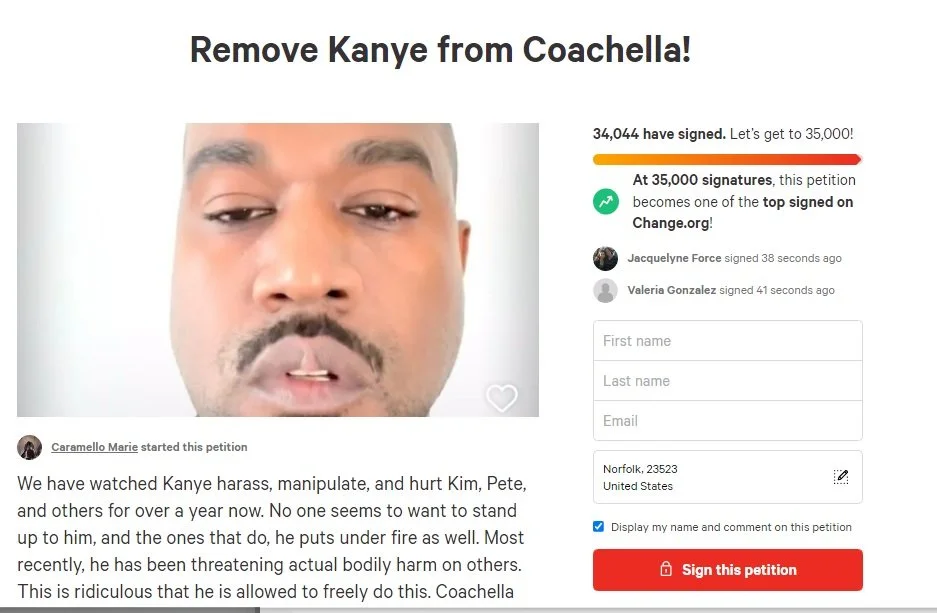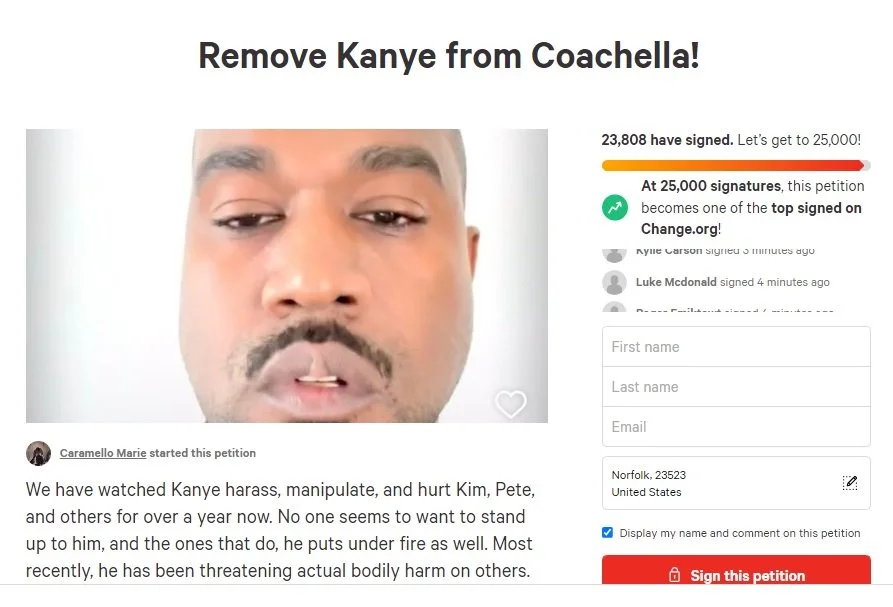Clinton Embraces 21st Century Economy, Broadband for All of America
/Automation is making human labor more valuable than ever VOX
The modern economy was built on automation, so it's natural to assume that the future will be defined by automation as well. It seems like every week there's a new study or think piece about the job-destroying potential of robotics and artificial intelligence. We post them regularly.
But our collective obsession with job-stealing robots can cause us to not see the forest through the trees. Perhaps we can't return to the old ways and old days, but it's easy to overestimate the impact of automation. In many service-related industries in the American economy, human labor and a human imprint on products and services is a mark of luxury.
Accompanying the loss of manufacturing jobs -- many of the tied to automation -- the demand for labor-intensive products and services is soaring.
Related: Hillary Clinton announces tech platform Tech Crunch
Connectivity, education, and entrepreneurship — these are the principles of Hillary Clinton’s technology platform, unveiled today, June 28, at a Denver startup incubator.
The decision to announce her technology imperatives outside of Silicon Valley may seem strange, but it represents one of the platform objectives: to democratize tech industry growth across the country, rather than just leaving the industry isolated on its most well-known turf.
A $12 Minimum Wage by 2020 Would Give 35 Million Workers a Much-Needed Raise EPI.org
This fact is startling but remember to keep it in perspective. In saying that 3.9% of all American workers make the federal minimum, we are ignoring the reality that 42% of all American workers earn $15 an hour or less.
A major difference between the Hillary Clinton and Bernie Sanders positions on minimum wage is that Hillary embraces a $12 minimum with state and local increases such as have occurred in CA and New York. Bernie has one number in his crosshairs and it's $15 for all.
The Economic Policy Institute wrote in July 2015 that a $12 minimum would life wages for a quarter of America's workers. Bernie Sanders is not the first politico to advocate for a higher minimum wage. Members of the Establishment Senator Patty Murray (D-WA) and Representative Robert “Bobby” Scott’s (D-VA) Raise the Wage Act of 2015 proposes raising the minimum wage to $12 by 2020 and gradually eliminating the subminimum wage for tipped workers.
Very little conversation has occurred around the inevitable introduction of robots or robotic technology to replace lower-paid workers in America. In a 2016 PEW Research survey, only 1 in 10 American workers were concerned that a robot could replace them. Unfortunately, this is a bad analysis and especially for lowest-wage workers and especially in the fast-food industry where robots are in the wings ready to automate the majority of positions.
The truly progressive position would be focused on how to educate and train American workers for jobs with an element of job security in the 21st century. Such an endeavor is far more Hillary's intellectual focus than Bernie's. ~ Anne
Hillary Clinton Headlines June 27, 2017
Here's what Bernie Sanders has won in the Democratic platform The Washington Post
Hardly anybody wants to speak at Trump's convention Politico
Donald Trump bad month just got worse, because Sanders backers just rallied to Clinton The Washington Post
In new poll, support for Trump has plunged, giving Clinton a double-digit lead The Washington Post
Hillary Clinton leads, but Donald Trump supporters are more certain they'll vote The Washington Post
Sanders not ready to endorse Clinton: Stand up, be bolder' The Hill


























![Kanye West's [aka Ye] Refusal to Treat His Mental Illness Is No Excuse For His Anti-Semitism](https://images.squarespace-cdn.com/content/v1/55f45174e4b0fb5d95b07f39/1666238183530-4WVG9SNG88HTSKQ0WWDV/Is+Kanye-West-Running-Out-of-Platforms.png)







